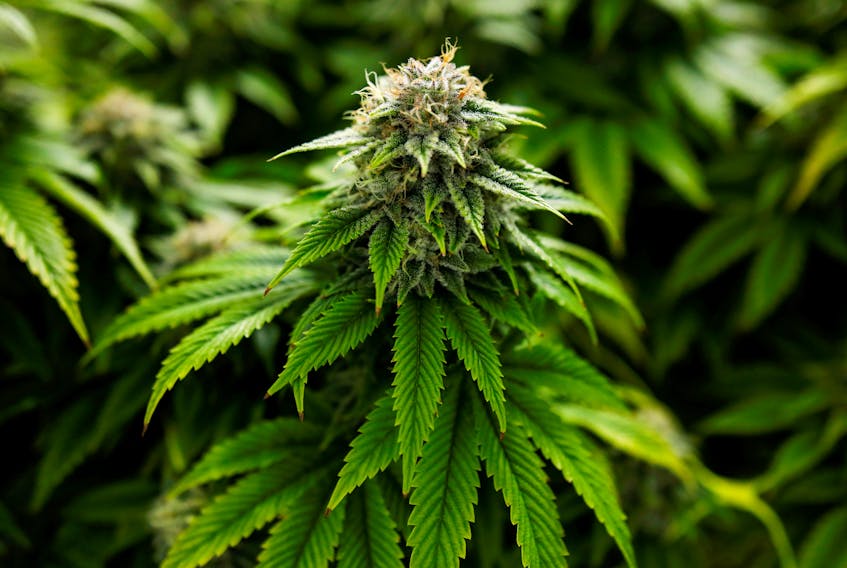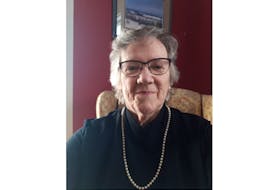ST. JOHN'S, N.L. — Now that everyone can get their ganja legally, pharmacists hope the quality of research on its medical benefits will improve.
Because right now, it’s about as useful as a matchbox full of marijuana stalks.
“I think the advantage of legalization is that it allows us to do the trials that we should have done in the first place,” Memorial University School of Pharmacy Dean Shawn Bugden told attendees at a recent information session on cannabis at the Health Sciences Centre in St. John’s.
Bugden said he regularly attends conferences that claim to focus on evidence-based research. Instead, he finds the studies to be quite sketchy.
“I haven’t found one yet that was evidenced-based,” he said.
“There’s one trial for glaucoma, it had six patients in it, and it didn’t work. So let’s get real about the evidence that’s actually out there.”
Along with glaucoma, Bugden said, the clinical use of cannabis-based products for such things as depression, acute pain, headache, HIV/AIDS, epilepsy and post-traumatic stress disorder (PTSD) is at the very least questionable.
"We ain’t got no data, so we shouldn’t be using it.”

Chronic pain
However, there is better clinical evidence it helps people with chemo-based nausea, multiple sclerosis and chronic pain.
Jeff Piercey can vouch for the latter.
He’s been smoking prescribed marijuana for the past six years for chronic back pain, and says he couldn’t function without it.
“I get up really early in the morning so I can medicate before anybody else gets up, so that I’m not constantly being nagged by some pain somewhere in my body,” he said recently from his St. John’s home. “I can do other tasks and ignore that pain, or kind of let it fade to the back.”
Piercey has been off work for eight years. He worked with challenging kids in the school system. His wife still teaches.
“I went to a regular doctor, I went to specialists. I tried out all kinds of pain-management drugs, went to clinics and none of it worked.”
Piercey has a licence to grow his own plants, but the light bill and supplies amount to about $700-$800 a month. That would jump to $2,000 if he were to just buy it in the shops.
As well, the stigma of smoking cannabis still lingers. Piercey says he’s lost a couple of friends because of his daily doping, but his family and the majority of his friends are totally supportive.
“I find that people around me are tolerant, because they either tolerate it or they leave,” he said.
Piercey and his wife have at least saved on child-care costs, as he’s always home to look after the children after school.
But he says he’s not sure what the future holds if his stamina worsens.
"There’s only a limited amount of time that I’m going to be able to physically be able to tend to this grow,” he said. “At some point I’m going to have to physically stop, and I don’t know what I’m going to do at that point.”

The cannabis information session at MUN was organized by two third-year pharmacy students, and it may have been a first.
Rebecca Bishop and Stephanie Tracey received a Health Canada micro-grant to organize the session, and are unaware of any other local students who have received such funding.
“Because cannabis was recently legalized, we get a lot of calls at the community pharmacy about the effects, what people can use it for, is it safe, and there’s really no standard answer,” Tracey said. “Every patient is different, and pharmacists, as the most easily accessible health-care professional, are having to deal with these questions.”
Presentations were given by school of pharmacy faculty, including Bugden, John Webber and Lisa Bishop. Lunch was also supplied.
Peter Jackson is a Local Journalism Initiative reporter covering health care for The Telegram.








